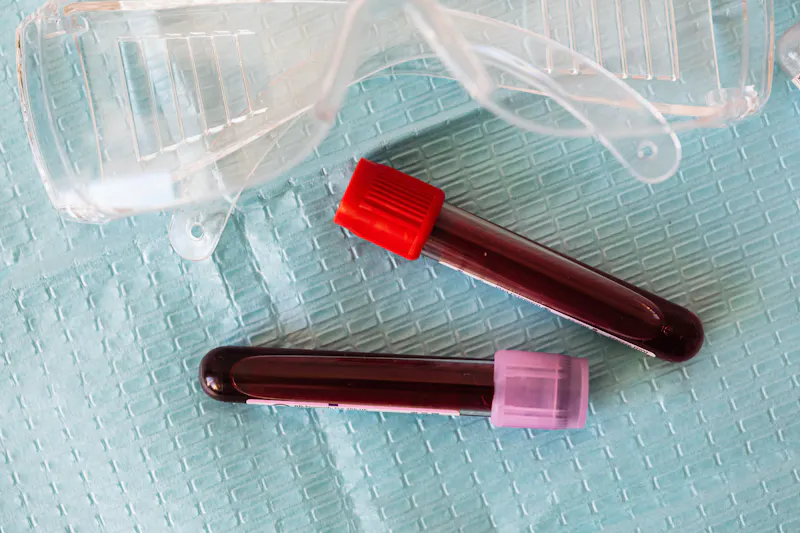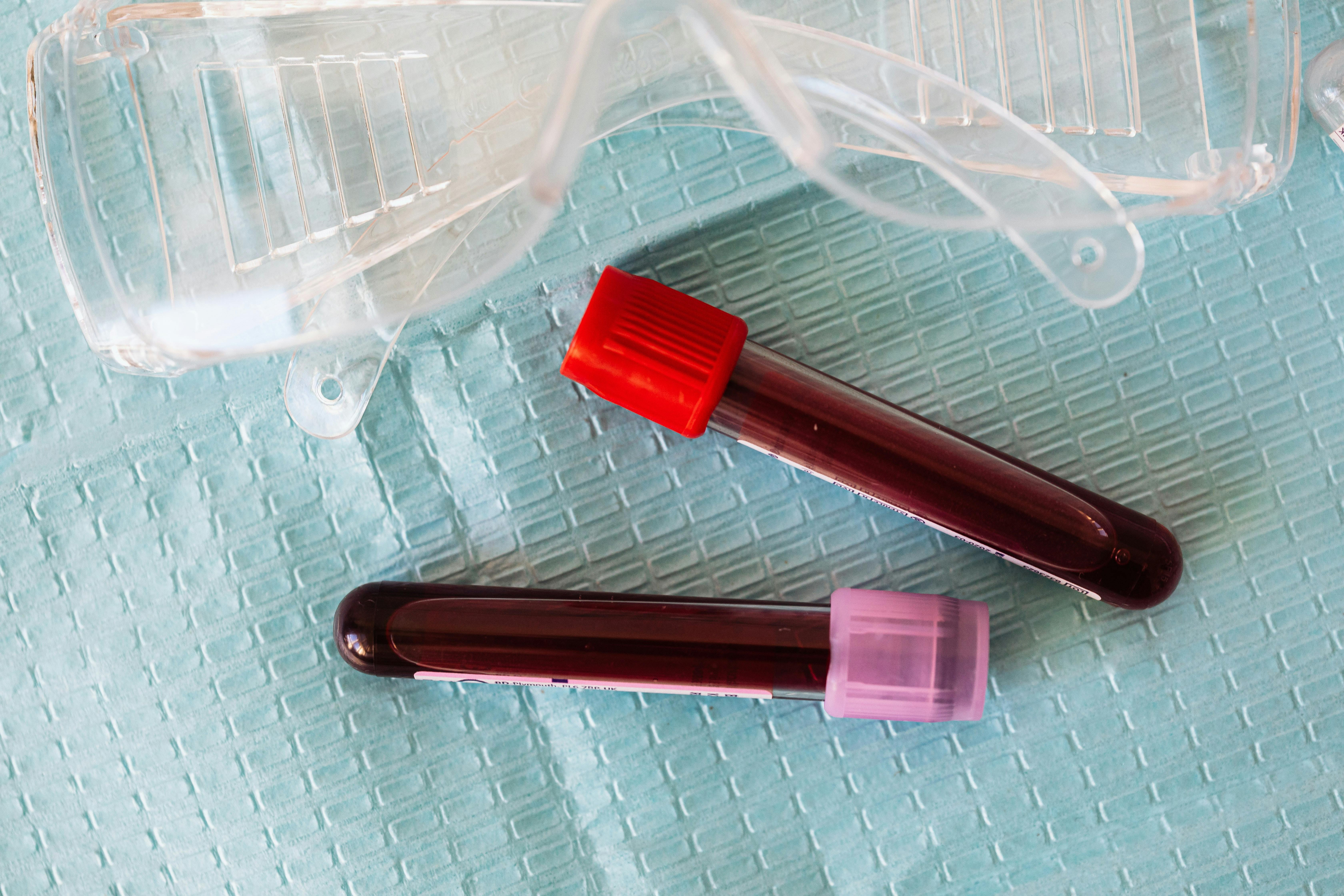What are thyroid antibodies?
What's covered?


Normally, your body produces antibodies (a type of blood protein) to protect itself from foreign substances — like bacteria, toxins or viruses. But sometimes your body mistakenly produces antibodies that attack healthy parts. Thyroid antibodies are an example of this — the presence of thyroid antibodies is a sign of possible thyroid disease.
What are the different types of thyroid antibodies?
There are three major types of antibodies that are relevant to thyroid disease:
- anti-thyroid peroxidase (TPOAb),
- anti-thyroglobulin antibody (TgAb)
- TSH receptor antibodies (TrAb)
The presence of these antibodies implies autoimmune thyroid disease — a problem in which your body’s immune system incorrectly produces antibodies to its own, healthy tissue within the thyroid gland.
These antibodies then attack the thyroid tissue preventing it from functioning correctly.
How do you know if you have thyroid antibodies?
The only way to check if you have thyroid antibodies is by doing a blood test. You can do this yourself by using a thyroid blood test in the comfort of your own home.

How does each thyroid antibody affect your body?
The presence of each antibody affects your thyroid gland in sightly different ways:
Anti-thyroid peroxidase antibodies (TPOAb)
The presence of TPOAb is associated with Hashimoto’s disease.
TPOAbs attack the healthy tissue of the thyroid gland and stop it from producing thyroid hormones. This is also known as having an underactive thyroid (hypothyroidism).
Up to 95% of people with Hashimoto’s will have TPO antibodies in their blood, making them the most obvious sign that you might have or will develop Hashimoto’s.
Anti-thyroglobulin antibodies (TgAb)
Thyroglobulin antibodies (TgAb) are another type of antibody associated with thyroid disease.
Like TPO antibodies, TgAb is also found in people with Hashimoto’s disease, but to a lesser extent.
Thyroid receptor antibodies (TRAb)
This group of antibodies target the Thyroid Stimulating Hormone (TSH) receptors in the Thyroid gland. This can cause the gland to overproduce thyroid hormones, resulting in an overactive thyroid (hyperthyroidism).
Hyperthyroidism can lead to Graves disease, and the TRAb are the root cause.
Please note, we currently do not offer TRAb tests.
Why are thyroid antibodies important?
Keeping track of your antibody levels helps you understand if you’re at risk of thyroid disease.
Also, autoimmune conditions are associated with one another. If you have a diagnosis of Hashimoto’s you might also be at risk of developing diseases including type 1 diabetes, Addison’s, coeliac disease and pernicious anaemia.
The presence of antibodies to the thyroid might prompt your clinician to screen for these other diseases depending on your symptoms.
A note on antibodies in pregnancy
Thyroid disease is associated with poor outcomes in pregnancy, the risk of which is increased in the presence of antibodies. If you are pregnant or planning a pregnancy and are concerned about thyroid disease it's important to discuss this with your GP.
Note that the blood test ranges used in pregnancy are different and are trimester-specific.